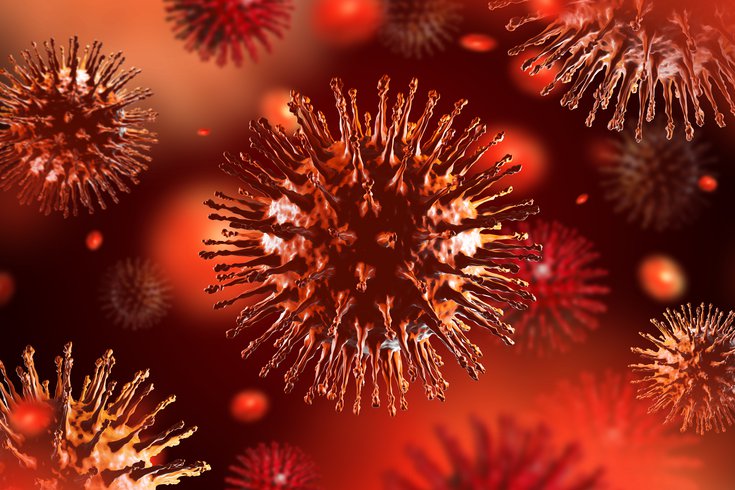
June 21, 2021
 Source/Image licensed from Ingram Image
Source/Image licensed from Ingram Image
Studies have found that COVID-19 can damage the male genital tract, decrease testosterone production and disrupt the testes at the cellular level.
Some men have reported experiencing testicular pain after developing COVID-19.
The U.S. Centers for Disease Control and Prevention does not list testicular pain is not among the common COVID-19 symptoms. But previous research has identified traces of the coronavirus in the testicles of men who died of COVID-19. And a new study deepens scientists' understanding of the virus's ability to affect various parts of the body.
Researchers at the University of Texas Medical Branch found the coronavirus is capable of infecting the male genital tract of hamsters. Because hamsters tend to develop similar signs of disease as humans, the researchers believe their findings could help explain the testicular pain that some men have reported. The findings also may represent what could occur in men who with mild or moderate infections.
The study, published in the medical journal Microorganisms, detected the virus in the testes of all infected hamsters during the initial week of examination. The virus was found in testes samples without tissue changes up to one month after infection. Then, it eventually went away.
Researchers also detected viral replication in hamster testicular cells.
Previous studies have suggested the virus may damage the human genital tract, decrease testosterone production and significantly disrupt the testes at the cellular level through the presence of immune cells.
"Given the magnitude of the COVID-19 pandemic, it is critical to investigate how this disease can impact the testes, and the potential consequences for disease severity, reproductive health and sexual transmission," said lead study author Dr. Rafael Kroon Campos, a postdoctoral fellow.
However, underlying mechanisms and evidence of virus replication in male testicular cells are not available at this time, researchers said.
"These findings are the first step in understanding how COVID-19 impacts the male genital tract and potentially men's reproductive health," said study author Dr. Shannan Rossi, a professor of pathology and microbiology and immunology. "We have much more to do before we have the full picture. Moving forward, we will investigate ways to blunt this impact, including using antivirals, antibody therapies and vaccines."
The University of Texas researchers were prompted to examine the connection after spending several years studying the impact of the Zika virus on the testes.
Late last year, researchers at the University of Miami noted that it "makes sense" that the testes would be a target of the coronavirus because of its affinity for a certain type of receptor found throughout much of the body's organs, including the heart, lungs, intestines, kidneys and testes.
Other viruses can impair sperm production and lead to inflamed testicles, the Miami Herald reported earlier this year. Mumps can cause fertility problems in 10% to 20% of men who become infected.
Some research has suggested COVID-19 can decrease sperm counts, but scientists have cautioned against putting too much stock in those findings. It's possible that medications or other conditions, like obesity, are leading to low sperm counts. And they note that being ill from any virus, including the flu, can cause temporary reductions.
Follow Pat & PhillyVoice on Twitter: @Pat_Ralph | @thePhillyVoice
Like us on Facebook: PhillyVoice
Add Pat's RSS feed to your feed reader
Have a news tip? Let us know.